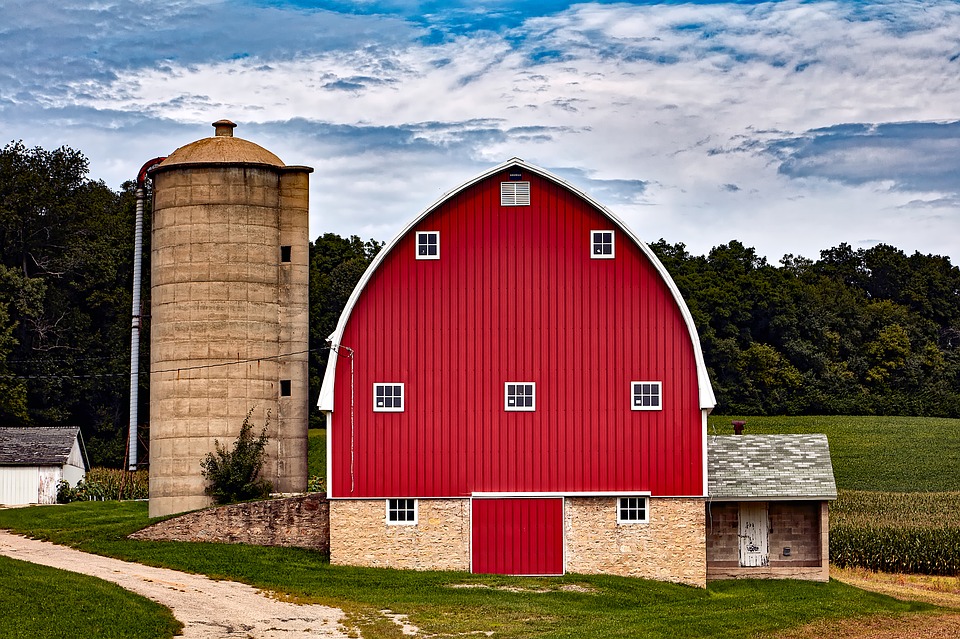Wisconsin
Evers directs $50 million to Wisconsin farmers, agriculture

MADISON, Wis. (AP) — Gov. Tony Evers announced Wednesday that he’s directing $50 million in federal coronavirus relief funding to Wisconsin’s farmers and the state’s agriculture industry.
That is in addition to $50 million in federal funding that has already been distributed through the Wisconsin Farm Support Program. Applications for the latest round of funding will open later this year following the fall harvest, Evers’ administration said.
Under the first round of payments, each recipient received up to a $3,500 payment. The new program, to be administered by the state agriculture and revenue departments, will be modeled after the earlier one.
Wisconsin Farm Bureau Federation President Kevin Krentz released a statement following the news.
“As farmers continue to work through challenges from COVID-19, severe weather and general commodity price variability, any assistance is welcome to Wisconsin farm families and the rural economy,” Krentz wrote. “We appreciate Governor Evers acknowledging the needs of the farming community and providing an additional $50 million in direct payments to support farmers through a new round of the Wisconsin Farm Support Program.
We plan to help share information with farmers and agriculturists across the state as more details are given.”
Made up of 61 county Farm Bureaus, the Wisconsin Farm Bureau Federation is the state’s largest general farm organization representing farms of every size, commodity and management style.
Evers, who is up for reelection next year, has sole control over how to spend the federal coronavirus relief money the state received.
Evers has announced plans for spending about $4.5 billion of the federal money, including $650 million for grants to small businesses; $525 million for pandemic response and government operations; $510 million for economic development; $200 million for eligible infrastructure projects, including broadband; $130 million for workforce initiatives; and more than $100 million for tourism.
Evers also put $417 million into reserve for future coronavirus response needs.

